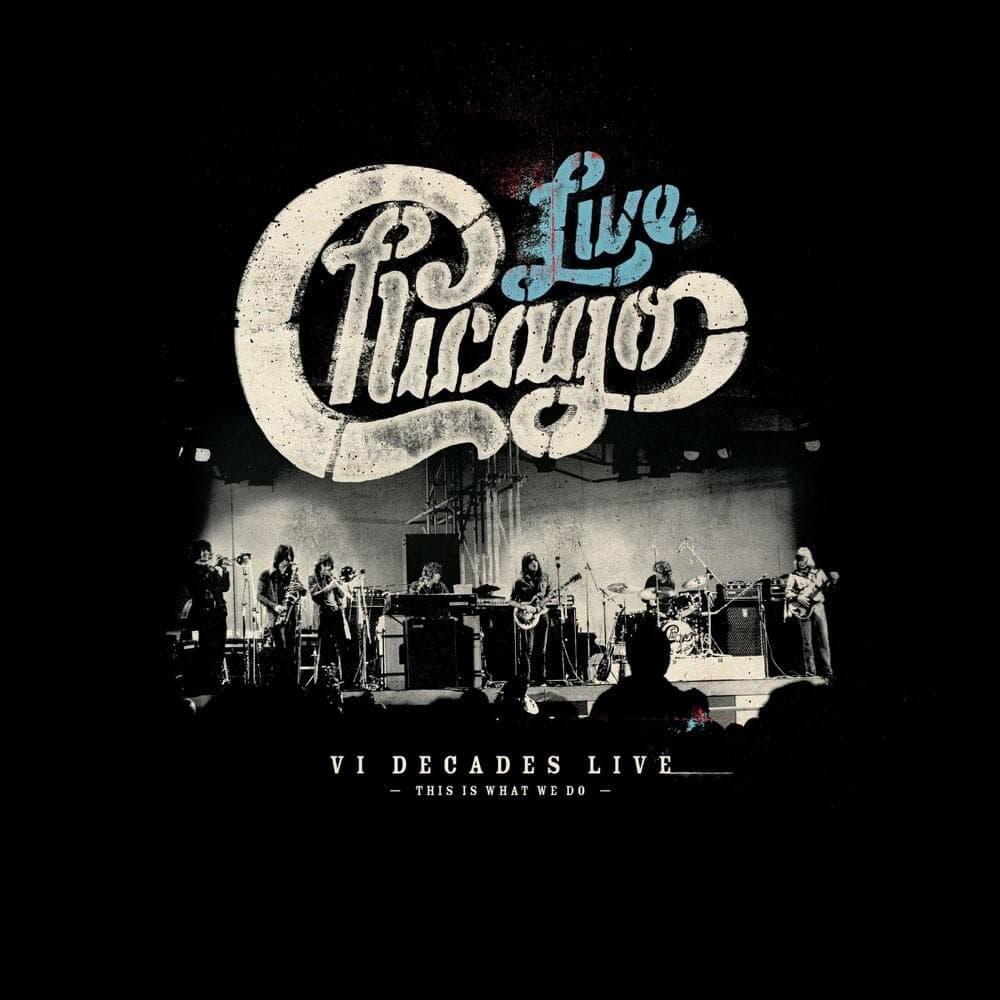
A bittersweet anthem of lingering pain, a poignant farewell to a love that refuses to fade.
There are power ballads that simply fill the air, and then there are those that capture a raw, universal ache, resonating with anyone who has tried to move on from a broken heart. Chicago’s “Look Away,” released in 1988, is undeniably one of the latter. It’s a prime example of the band’s late-era prowess in crafting emotionally resonant soft rock, a heartbreaking plea to a former lover to simply “look away” from the visible pain of a still-wounded soul. For anyone who has ever faced the unbearable awkwardness of encountering an ex, or the quiet struggle of pretending to be okay when you’re anything but, this song perfectly encapsulates that bittersweet vulnerability, delivered with the polished professionalism that defined Chicago in the 80s.
“Look Away” is a significant track from Chicago’s sixteenth studio album, ‘Chicago 19’, which was released in June 1988. By the late 1980s, Chicago had embraced a more pop-oriented, ballad-heavy sound, a successful evolution from their jazz-rock roots. “Look Away” was released as the second single from ‘Chicago 19’ in September 1988, and it quickly became a monumental success. It soared to No. 1 on the U.S. Billboard Hot 100 chart for two weeks in December 1988, becoming the group’s third and final No. 1 hit. Remarkably, it also ended up as the No. 1 song on the Billboard Hot 100 year-end chart for 1989, a testament to its enduring popularity. The song also topped the U.S. Adult Contemporary chart and achieved significant international success, reaching No. 1 in Canada and entering the Top 20 in Belgium, the Netherlands, and Sweden. Its strong chart performance solidified Chicago’s position as a dominant force in the adult contemporary and mainstream pop landscape of the late 80s.
The story behind “Look Away” lies in the prolific songwriting of Diane Warren, one of the most successful pop songwriters of her generation, known for crafting numerous power ballads. Warren penned “Look Away,” and it was produced by Ron Nevison. The song is sung by Bill Champlin, who had taken on more lead vocal duties for the band in the post-Peter Cetera era. The lyrics explore the painful aftermath of a breakup, from the perspective of the person who is trying to appear strong but is secretly still hurting. The narrator receives a call from their ex, who has found new love, and while feigning happiness, they confess: “If you see me walking by / And the tears are in my eyes / Look away, baby, look away.” It’s a raw and honest plea for the ex not to witness their vulnerability, a desperate attempt to maintain a facade of composure even as their heart is breaking. The emotional weight of the lyrics, combined with Champlin’s powerful and heartfelt vocal delivery, creates a poignant and relatable narrative of heartbreak and the struggle for dignity in its wake.
For those of us who recall the sweeping soundscapes of late 1980s ballads, the ubiquitous presence of Chicago on the airwaves, and the universal experience of navigating the complexities of lost love, “Look Away” is more than just a song; it’s a deeply emotional timestamp. It brings forth memories of youthful heartache, of trying to put on a brave face, and of the quiet moments of vulnerability that often follow a significant breakup. The song’s soaring melody, Champlin’s impassioned vocals, and the signature Chicago production (albeit without the prominent horns of their earlier work) conjure feelings of empathy and recognition. It reminds us that even when relationships end with mutual agreement, the emotional residue can linger, and that sometimes, the kindest gesture is simply to “look away” from the pain you’ve caused, or that someone else is experiencing. “Look Away” remains a powerful and enduring testament to the bittersweet reality of love and loss, forever etched into the soundtrack of the late 80s.